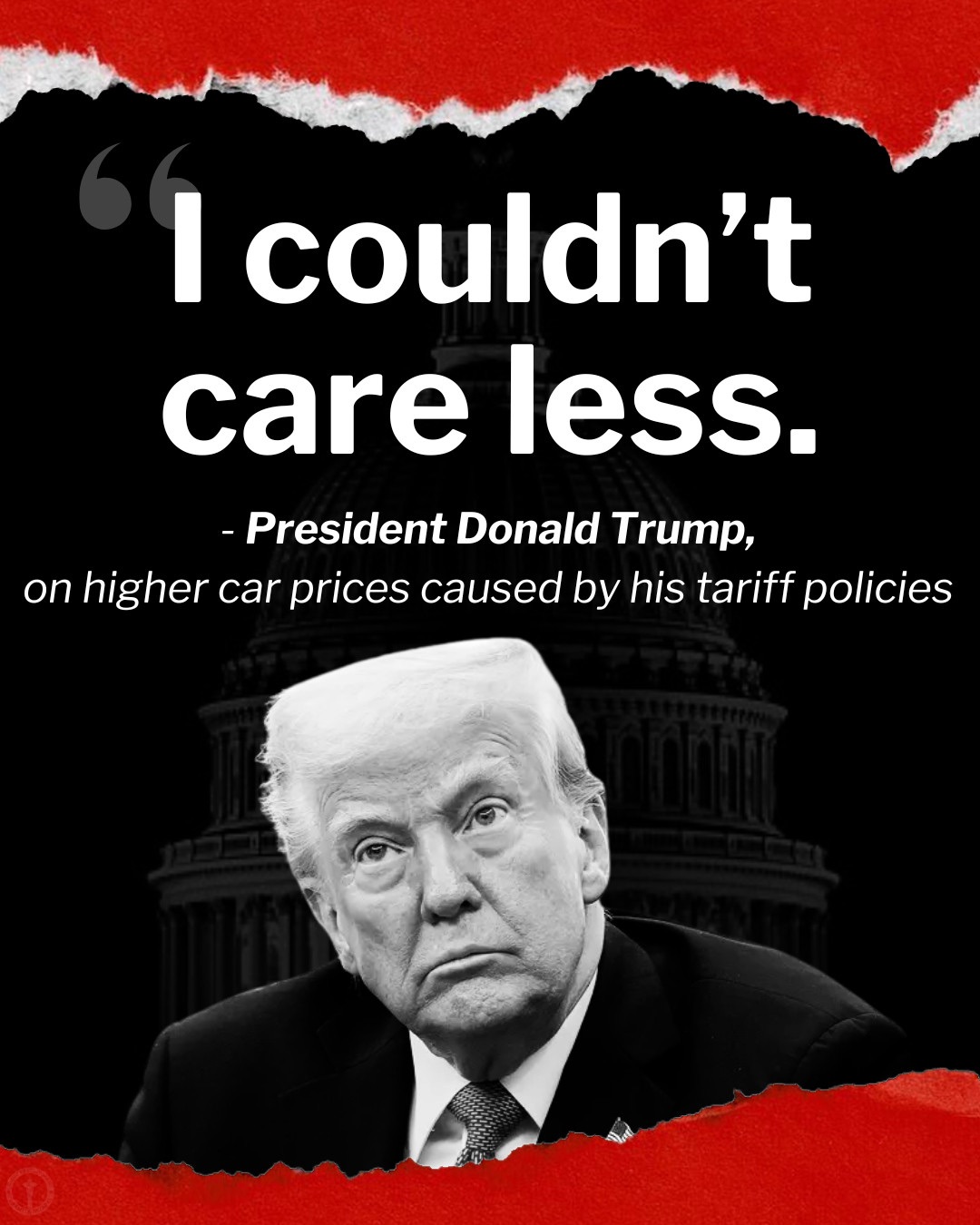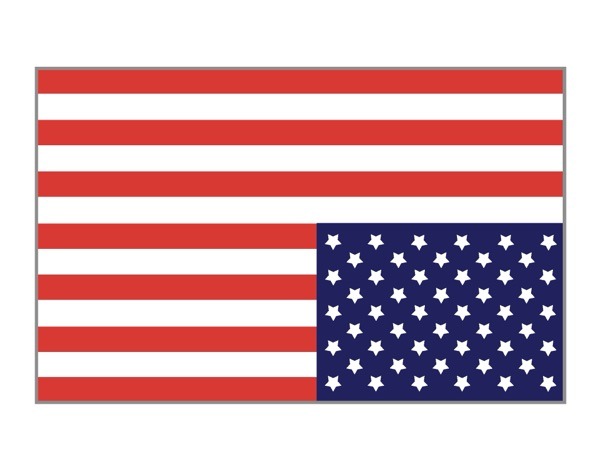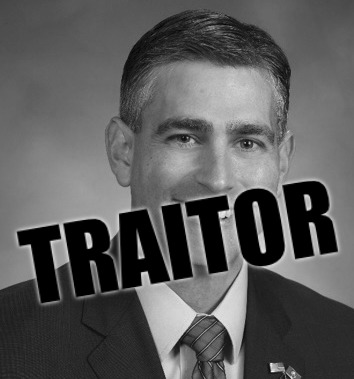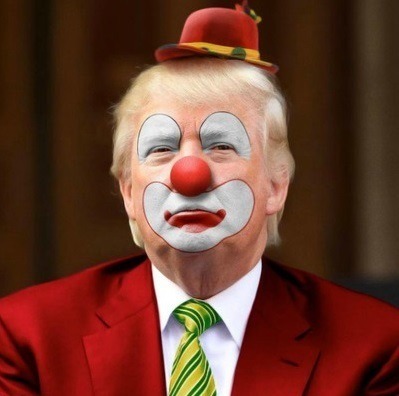President Donald Trump has imposed a 25% tariff on Canadian automobiles and parts, claiming it will protect American jobs. However, critics say the move is a thinly veiled attempt to boost Tesla’s declining stock price, which has dropped over 40% this year. Trump also threatened automakers not to raise prices to offset the tariffs, sparking backlash from industry leaders who call the move un-American and anti-business.
“This kind of interference goes against everything America stands for,” said an auto executive. “Businesses can’t absorb costs like this without consequences.”
Automakers argue the tariffs will drive up production costs, forcing cuts to profits, jobs, or innovation. Meanwhile, Tesla faces its own crisis as CEO Elon Musk’s erratic behavior and controversial politics alienate consumers. Protests, such as the upcoming “Tesla Takedown,” highlight public frustration with Musk and his impact on the brand.
Tesla sales are already falling. In Europe, sales dropped 40% in February, and used Tesla listings in the U.S. surged by 33% this year. While the UK saw a modest sales bump, most markets are moving away from the brand, with many blaming Musk’s divisive reputation.
Trump’s tariff decision has also strained U.S.-Canada relations. Canadian Prime Minister Mark Carney has condemned the tariffs and announced a CA$2 billion fund to support Canadian automakers. Carney called the U.S. an unreliable trade partner, warning that the tariffs hurt both countries.
Economists warn Trump’s ban on price hikes will backfire. “You can’t stop companies from responding to market forces,” said an analyst. “This will lead to layoffs, higher consumer costs, and reduced competitiveness.”
Observers believe the tariffs are meant to shield Tesla from its troubles, but critics argue they show favoritism and ignore broader economic consequences. Musk’s tarnished image and Trump’s heavy-handed policies have only added to Tesla’s challenges.
Trump’s actions have drawn criticism as un-American. Controlling private sector pricing and interfering with trade disrupt the free-market principles the U.S. economy depends on. “This is overreach,” said an industry expert. “It creates uncertainty for businesses and investors.”
As Tesla struggles and automakers push back, Trump’s gamble on tariffs seems to be failing. Instead of protecting jobs or stabilizing Tesla, it is adding chaos to an already strained market.





